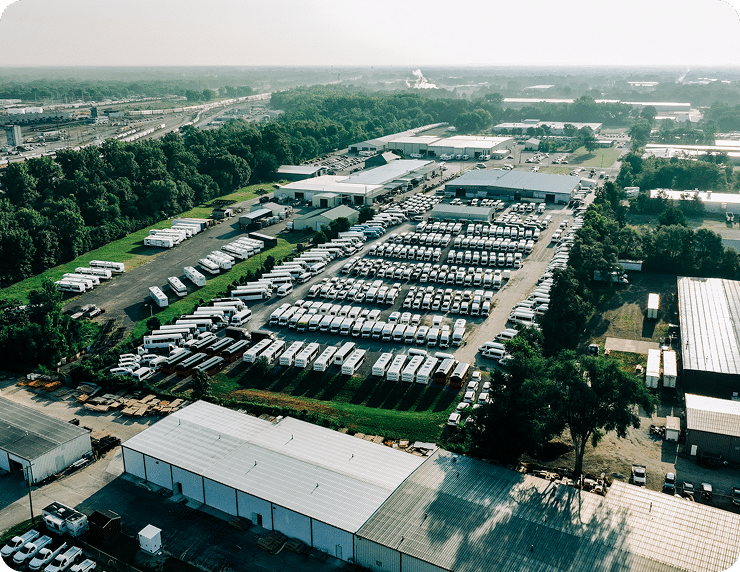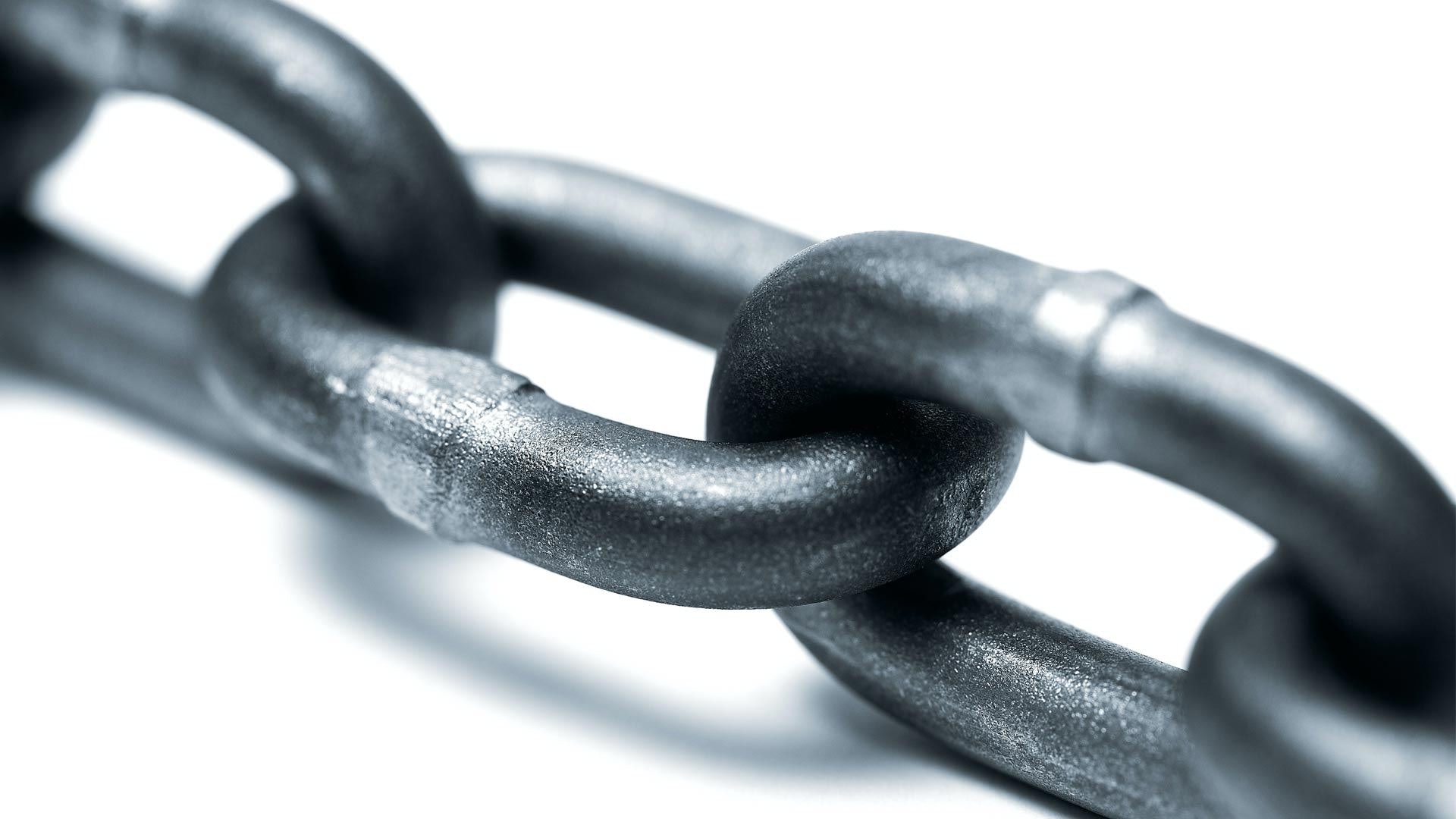If it’s not something that you track closely and consistently, search engine optimization (SEO for those who are in the know) can be somewhat hard to keep up with. A lot of the overarching principles tend to remain the same over time—search engines generally want to point users toward the web pages they want to see, so they try to determine what’s good and what’s bad as best they can.
But Google and the like tend to make changes, and if you’re dipping in and cutting out it can be easy to miss something. Take, for example, link building.
Expert search engine optimizers know all about the history and importance of link building, but for those of us on the content side who just haven’t gotten as deep in the weeds, a refresher is helpful. What do we mean when we talk about link building? Is it still important in today’s online landscape? Let’s dig in.
What is link building?
The short version is that link building is a process of acquiring links from other websites to your own website. If someone writes a blog post about a service you provide, they talk about you, and they include a link to your homepage or one of your service pages, that’s link building. Some SEOs actively seek out links—I tend to get a lot of emails from other content marketers about blogs they’ve written that they think apply to something that’s been published on the Element Three blog, for example. But lots of other links are built simply through the natural course of the content creation process across the internet. This blog itself is an example. Moz and SEMrush didn’t ask me to link to their sites, but later in this post, I’m going to do so because they provided great insights. Writing great content that people want to share can get you links, whether you’re actively searching for them or not.
Why is link building important?
Why should you care whether link building still works today? I’ll get into the history of the practice here shortly, but what is it about link building that’s made it important up until now? Well, the short version is that when someone links to your website, it’s seen as a vote of confidence in your work. A content creator read your blog post or used your product and they liked it enough that they wanted to share it with their own audience. When you think about it, that’s a pretty big deal. When I link to an outside site when I’m creating a content, it’s important that it’s quality work—otherwise, it makes my own content look bad.
How we got here
Link building was effectively “invented” by Google in the process of building their early algorithms. A search engine’s main point of distinction compared against the competition is the ability to answer the user’s question properly—the ability to deliver quality results. PageRank was developed in order to help determine a web page’s quality by, in part, counting the number of links that pointed to it. The more links, the more people were providing that vote of confidence, and the better the page could be assumed to be. This was only part of the algorithm that determined what popped up when you searched something on Google, but it was an important part.
The problem, of course, is that content creators and digital marketers are smart people, and once they learned that having a lot of other pages link to yours could move you up the SERPs (that’s “search engine results page,” if you’re not familiar)—and moving up the SERPs meant drastic increases in traffic—they started figuring out ways to game the system. This, of course, meant that a lot of links pointing at a site no longer really meant it was good, and that meant Google had to change things to adapt to the way search engine optimizers were working.
One great example Moz provides is that Google started penalizing pages that had been submitted to web directories in return for a link back. This specific example’s important because it’s a practice that Google had actually actively recommended before—but it got abused, so they pulled a 180.
Does link building matter in 2021?
Yes, link building is still important. But it’s probably less important today than it was ten years ago.
Link building is still one of the chief ways that Google determines a website’s quality. And, as such, it’s still worth trying to craft content that people won’t just want to read and learn from, but content that your readers will be moved to share with others on their own sites. That’s partly because of the continued worth of link building for your SEO practices, but also just because, you know, your goal should always be to create content that’s so good people want to share it. Whether it’s a link back to your site or a share via social media, you want people to help organically distribute your content.
But we may be moving towards a world in which link building’s impact is shrinking, even to the point where it’s no longer a relevant concern. Digital marketing expert Neil Patel said on a recent podcast that “link building will get your foot in the door”—but in the next five years to a decade, it might drop off the SEO stage entirely.
Why? Because web users don’t really care that much about it. The difference between a page that’s linked to 100 times and one that’s linked to 1,000 times might mean a lot to an SEO, but that gap means a lot less to your run-of-the-mill internet user. There’s a wide middle ground between a page that nobody links to and the most-linked, best-respected resource on a topic that is, essentially, a gray area where differentiation isn’t really important to a common person. If it’s not the worst or the best, it’s somewhere in-between.
And on top of that, it’s a lot easier to measure other metrics now that give a much more accurate representation of whether or not content is good. Link counting is a great indication that other content creators think your content is awesome. But content marketing metrics like time on page and click-through rate are a much better indicator that the people who read a piece of content like it (enough to finish it, or enough to continue reading more of your content. And numbers like bounce rate and exit rate are a much better indicator that your content needs work than the fact that people aren’t linking to it.
User metrics have become all the more important to Google as time goes on. They should be important to you too—not just in terms of SEO, but in terms of improving your user experience as much as possible.
Links are great—for now
That’s probably overstating the point a little bit, because it’s not as if I’m ever going to be mad that someone links to a blog I wrote. You should not ignore link-building as a way to improve traffic to your website, both from referral clicks and from the organic traffic that improved SEO will bring. But it also can’t be the be-all and end-all of your website strategy. Things change fast online, and as Google and their competitors alter and update their algorithms, the time may come when link building no longer matters. Keep up, and never assume that tried-and-true methods are going to stay “true” forever.






